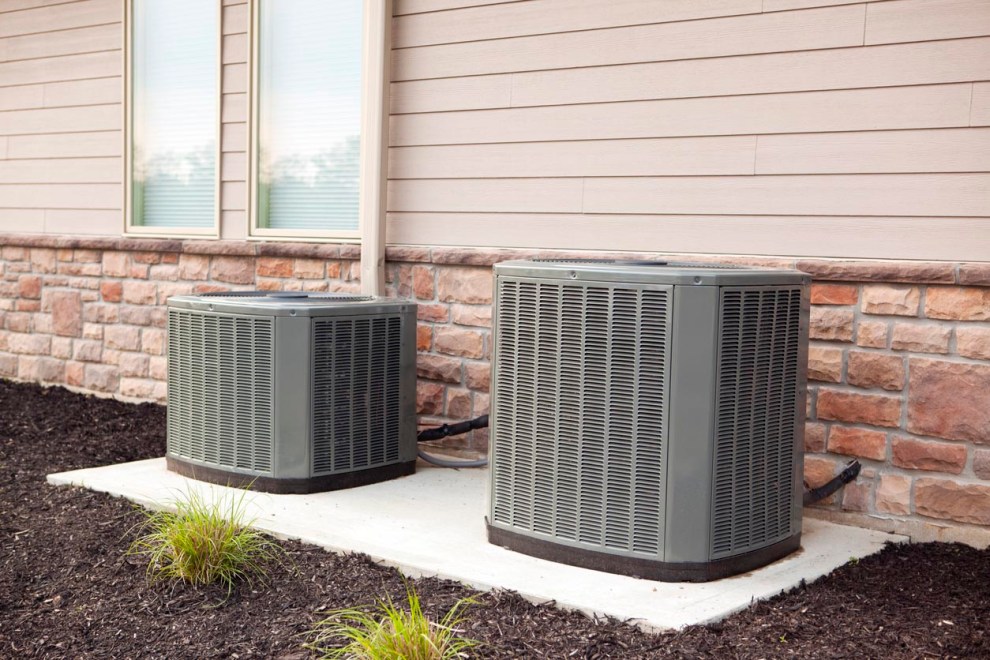DIY HVAC Maintenance: Tips for Homeowners

As a homeowner, keeping your home comfortable year-round is important, and your HVAC system has a key role in ensuring that. Routine maintenance not only ensures your system runs efficiently but furthermore helps prevent expensive repairs down the road. With a bit of knowledge and the right approach, you can manage your HVAC maintenance, ensuring a healthy and pleasant indoor environment for you and your family.
In this guide, we will cover practical tips and insights on DIY HVAC maintenance, addressing all aspects of identifying signs that your system needs prompt attention to understanding the different types of HVAC systems out there. Whether you're wanting to improve indoor air quality, save on energy bills, or know how to repair or replace your system, we have you covered. Let's delve into the fundamental aspects of maintaining your HVAC system and making your home comfortable all year long.
HVAC Care Essentials

Maintaining your HVAC system is important for guaranteeing maximum performance and longevity. One of the initial steps in efficient HVAC maintenance is consistently checking and replacing the air filters. Clogged filters block airflow, forcing the system to work harder and potentially leading to costly repairs. It is recommended suggested to check your air filters every month and change them every three months or often if you have pets or allergies.
A key aspect of HVAC maintenance is servicing the system at least once a year. Frequent professional maintenance can help spot potential issues before they become major problems. Qualified technicians will check refrigerant levels, wash coils, examine electrical components, and ensure that the system is running smoothly. This preventive approach can enhance performance and extend the lifespan of your HVAC system.
In conclusion, homeowners should be aware for signs indicating that their HVAC system may need immediate attention. Some frequent indicators include odd noises, uneven heating or cooling across the home, and an unexpected spike in your energy bills. If see this notice any of these signs, it may be time to consult a professional to identify and resolve the issue swiftly.
Signs Your HVAC Needs Attention
One of the first signs that your HVAC system needs service is if you notice uneven temperatures in your home. If some areas are significantly hotter or cooler than others, it may indicate problems with your ductwork or issues with the system’s ability to distribute air effectively. This imbalance can lead to increased energy bills and discomfort, making it essential to address quickly.
A critical sign is unusual noises emanating from your HVAC system. Sounds like grinding, squealing, or banging can indicate mechanical issues that may worsen over time if not investigated. Additionally, if you hear a constant hissing or whistling, it could point to a leak in the ductwork. Not addressing these noises can lead to larger problems and potentially costly repairs.
Finally, an increase in energy bills without a corresponding change in usage can signal that the HVAC system is working harder than it should be. This inefficiency can stem from various issues, such as dirty filters, worn-out components, or a need for a system tune-up. Monitoring your energy usage and reacting to significant increases will help you maintain a efficient and reliable HVAC system.
Enhancing HVAC Performance
To enhance the performance of your Heating, Ventilation, and Air Conditioning system, begin by performing regular maintenance. This involves replacing air filters at least every three months, as clogged filters can obstruct airflow and force the system to exert more effort. Additionally, schedule expert tune-ups annually to identify minor issues before they become significant into major problems. This proactive approach not just extends the life of your Heating, Ventilation, and Air Conditioning system but also helps maintain optimal performance.
A further effective way to enhance HVAC efficiency is by closing any gaps or leaks in your ductwork. Drafty ducts can lead to substantial energy loss, which raises your bills and diminishing comfort in your home. Use duct sealant or metal tape to fix any visible leaks, and consider having a professional perform a thorough inspection of your ductwork. Insulating ducts can also improve efficiency, especially in unconditioned spaces like attics or crawl spaces.
Implementing smart technology, such as smart thermostats, can additionally boost your HVAC system's efficiency. Such devices allow you to set heating and cooling schedules based on your daily routine, minimizing energy usage when you are away at home. Additionally, consider adding zoning systems to manage temperatures in different areas of your house according to need. Combining proper maintenance, sealing leaks, and utilizing advanced controls, you can considerably improve your Heating, Ventilation, and Air Conditioning system's efficiency.
